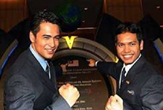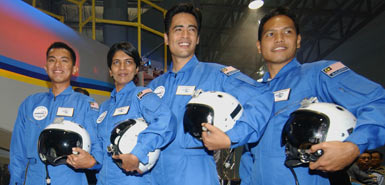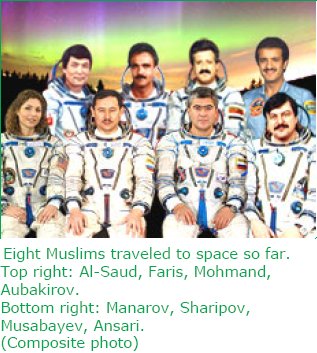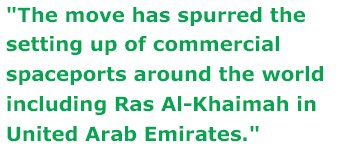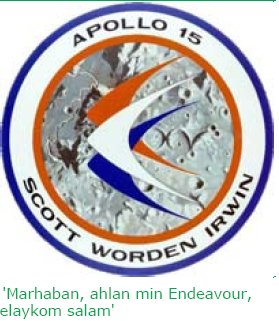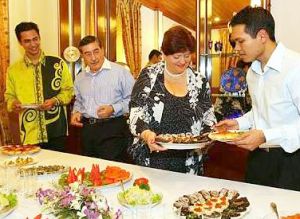Topic: - Training Updates
PUTRAJAYA: The two shortlisted Malaysian astronauts will head to NASA in the United States next month after their training stint in Russia.
Science, Technology and Innovation Minister Datuk Dr Jamaludin Jarjis said the two astronaut candidates would undergo two to three weeks of training with NASA in Texas as part of the Malaysian Astronaut Programme.
"As you know, the International Space Station has two portions – the Russian and American – so they have to receive training from both sides," he told reporters at the end of the MSC Malaysia-International Advisory Panel Meeting here yesterday.
However, the Government had yet to pick either Dr Sheikh Muszaphar Shukor or Kapt Dr Faiz Khaleed as the final candidate.
Malaysians might be able to see how the Malaysian astronaut functions in the International Space Centre on local channels including Astro.
Dr Jamaludin also said that about 30 small MSC companies here, both Malaysian and foreign owned, have the potential of becoming world players in the animation industry.
"The representative from Al Jazeera (Children’s Channel executive general-manager Mahmoud Bouneb) told us that these small companies could be taken to the world stage by preparing them for the global market," he said.
Dr Jamaludin said the companies had to be amalgamated to form cluster companies and be prepared with the right technology to further develop the animation industry.
"We will get assistance from the Al Jazeera on how to amalgamate these companies and get them to partner with other global players like Korea and Japan," he said.
He said the ministry would also set up an office in New York for these companies to enter the global market place.
Source: News @ The Star Online

